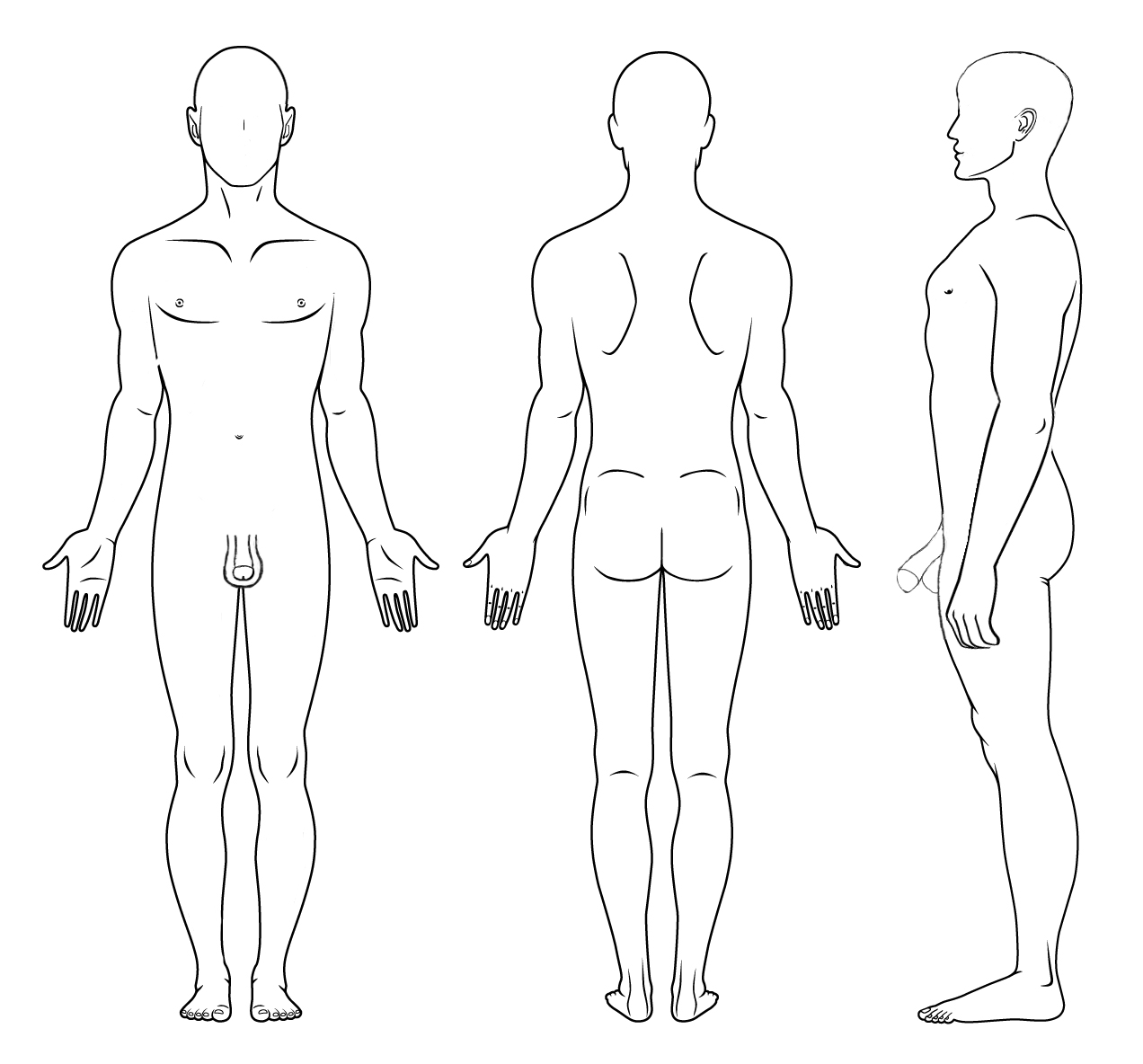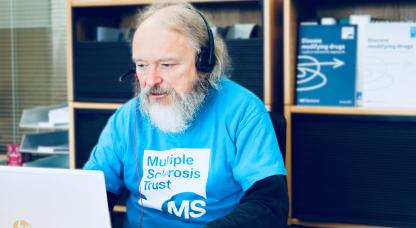Research suggests that more than half of men with MS will experience sexual problems at some point in their lives.
Here we explore why people with MS experience sexual difficulties, the most common problems experienced by men and what can be done to help with these problems.
Sexual difficulties – particularly erectile dysfunction and difficulty reaching orgasm – are common in men with MS. Sexual problems often result from a complex interaction of physical, social, psychological and emotional elements.
You may find it awkward or embarrassing to talk about sex, but there is support available. Although there are drugs for some symptoms, the key element in managing sexual issues is the willingness to discuss problems.
Sexual difficulties reported by men include:
For many people, sexual problems are caused by a combination of physical, psychological, emotional and social factors. These fall into three broad groups arising:
- directly from MS damage to nerve pathways in the brain and spinal cord that process erotic stimuli and control sexual feelings and responses.
- indirectly from symptoms of MS, such as bladder symptoms, fatigue, low mood and depression or spasticity, or from prescribed medications.
- from the wider consequences of living with MS. This can undermine your sense of self, sexual identity and enjoyment, and your confidence as a sexual partner or potential partner. Emotional reactions can be an issue for both the man with MS and his partner, and relationship difficulties are commonly reported.
Having MS doesn't stop you from experiencing sexual difficulties unrelated to the condition. Problems with erections and orgasms are relatively common in the general population and can be due to a number of causes unrelated to MS such as alcohol or drug use, other health conditions or age.
Difficulty with erections, orgasms and having satisfying sex are not unusual. Studies estimate that more than half of men with MS will be affected by sexual problems to some degree at some time - some studies suggest up to 90%. Some difficulties may be long lasting or permanent whilst others may come and go. Although sexual concerns are more likely the longer someone has had MS, they can occur at any time.
The most important starting point for managing sexual issues is being willing to talk about them. You may find it awkward or embarrassing to talk about sex, but there is support available. Read more about talking about sexual problems.
Finding effective treatment for your sexual issues needs careful analysis of all the elements that are affecting you. For example, if fatigue is affecting your sexual performance, a pill that makes it easier to achieve an erection is not going to resolve the problem of physical stamina. Similarly, medication alone won't resolve feelings of being unattractive or sexually less desirable.
Rather than focusing on intercourse and the pursuit of erection and orgasm, it might be more fulfilling and rewarding to explore more mutually caring and supportive approaches, such as focusing on touch and sensuality.
Concentrating on sex can sometimes get in the way of the romance that brings people together and distract people from the companionship that is an essential part of a relationship. Simple closeness, such as holding hands or cuddling, and enjoying each other's company are vital to a relationship and can reassure both partners that they are the object of affection.
Taking the focus away from the sex itself is an approach sometimes used by sex therapists. This distance can help the couple to reassess what is important to their relationship. They can also consider their erotic and sexual likes and dislikes without the pressure to try to instantly act them out. This can lead to new routes into sexuality and help you to explore ways to achieve this.
A technique that can help you and your partner understand your sexual likes and dislikes and what your body is capable of that is often suggested by sexual therapists is body mapping.
Body mapping (or sensate focusing) is a simple technique that you can use on your own or with a partner to increase intimacy and rediscover sexual pleasure. It involves exploring your body to find out exactly where touch gives you pleasure or where it feels uncomfortable. If you decide to give body mapping a try it's best to find somewhere that you feel comfortable and won't be disturbed for at least 20 minutes, while you take off your clothes and lie down.
Taking a scientific approach to you and your partner's pleasure can sometimes be helpful. By giving up assumptions about what does and does not feel good you and your partner can test what works and what doesn't.
1. Begin with a basic outline of your body adding on your hair as this can affect sensation. You could print out the diagram below or draw your own.
2. Work out how it feels to be touched in a specific place. Ask your partner to explore each part of your body in turn and take notes on how each area feels.
2. Colour code each area with whether it feels good or bad. You could use temperature colours such as hot red for good through to cold blue for bad or traffic light colours such as green for go and red for stop.
For each area note down:
- How much pressure? What level of pressure feels good or bad eg light brush against body hair, light touch, medium touch,deep pressure.
- What motion? What direction feels best eg up and down, side to side, round and round etc.
- What speed and rhythm? Do you prefer fast motions or slow motions or changing rhythms?
- What do you like to be touched with? You can try touching with different things and with or without lubrication eg hands, body parts, hair, feathers, silk, leather, vibrating toys.
- What temperature do you enjoy? Hot, warm,cold?

Remember that the aim of body mapping isn't to orgasm, in fact it's usually recommended that you don't attempt this initially as it can defeat the purpose of the exercise.
You may also want to make different maps for different circumstances as touch preferences can change based on where you are in the sexual response cycle. You may enjoy different forms of touch as you move from unaroused > to excited > to plateau > to orgasm > to resolution.



